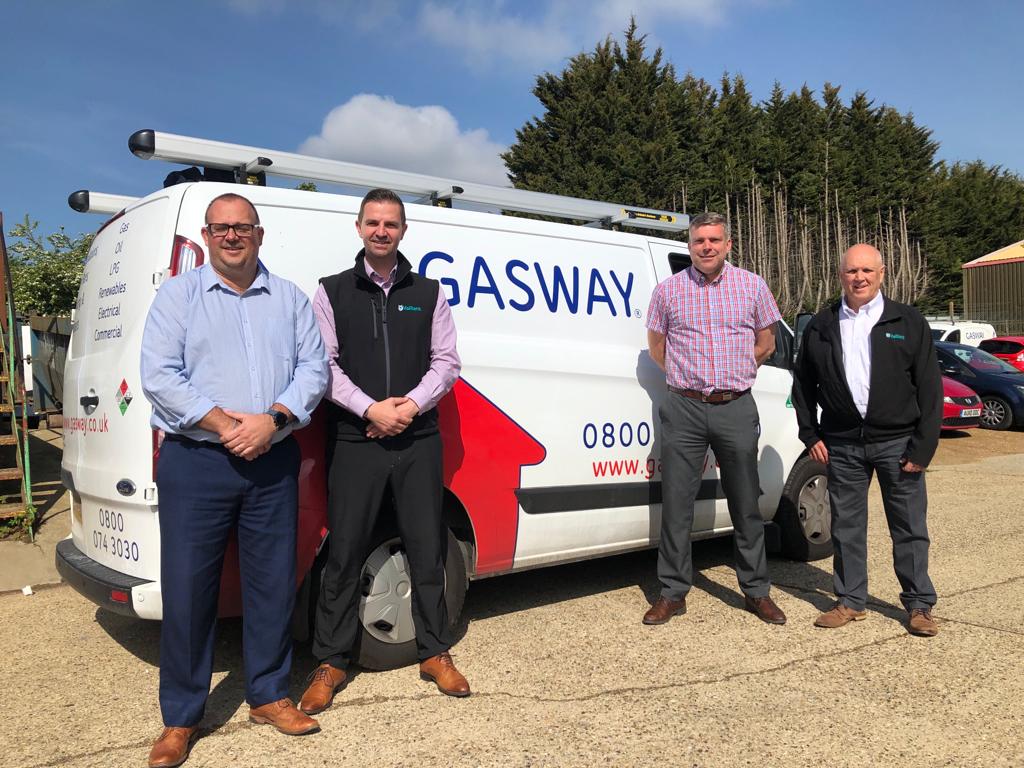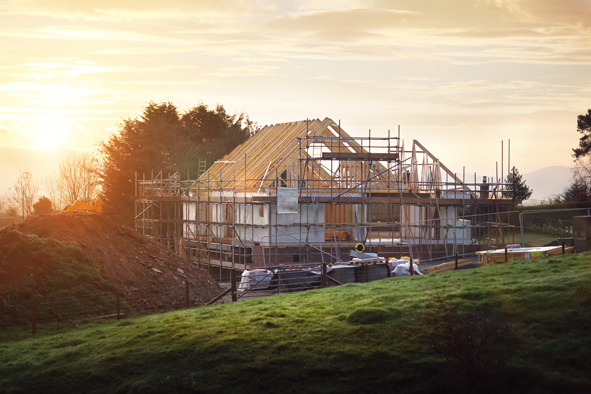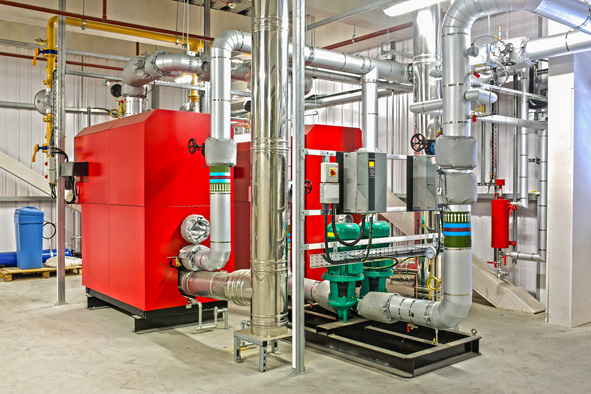Vent-Axia Launches its new Passivhaus-Certified Lo-Carbon Sentinel Econiq for New Build Homes

Leading British ventilation manufacturer Vent-Axia has launched its first Passivhaus-certified Mechanical Ventilation with Heat Recovery (MVHR) system, the Lo-Carbon Sentinel Econiq. With the new Future Homes Standard looking set to reduce carbon emissions for new build homes by a further 75-80% than current Building Regulations, the Sentinel Econiq is designed to provide low carbon heat recovery ventilation for air-tight thermally efficient new build dwellings, making it ideal for Passivhaus projects. The Sentinel Econiq offers exceptional efficiency, near silent operation and complete controllability, providing excellent indoor air quality (IAQ) and occupant comfort.





















